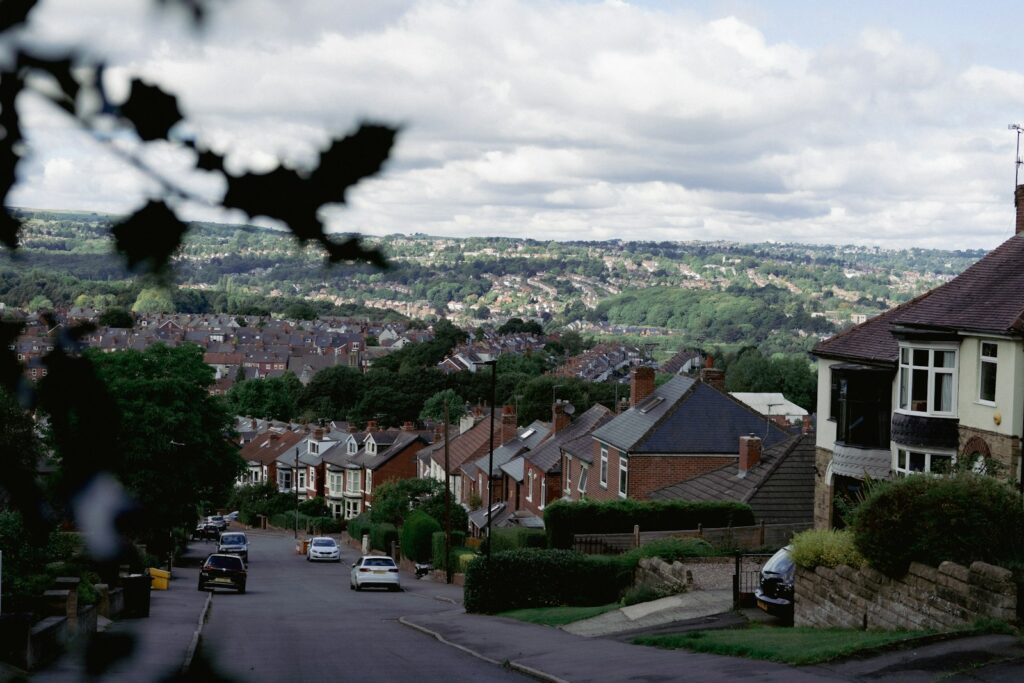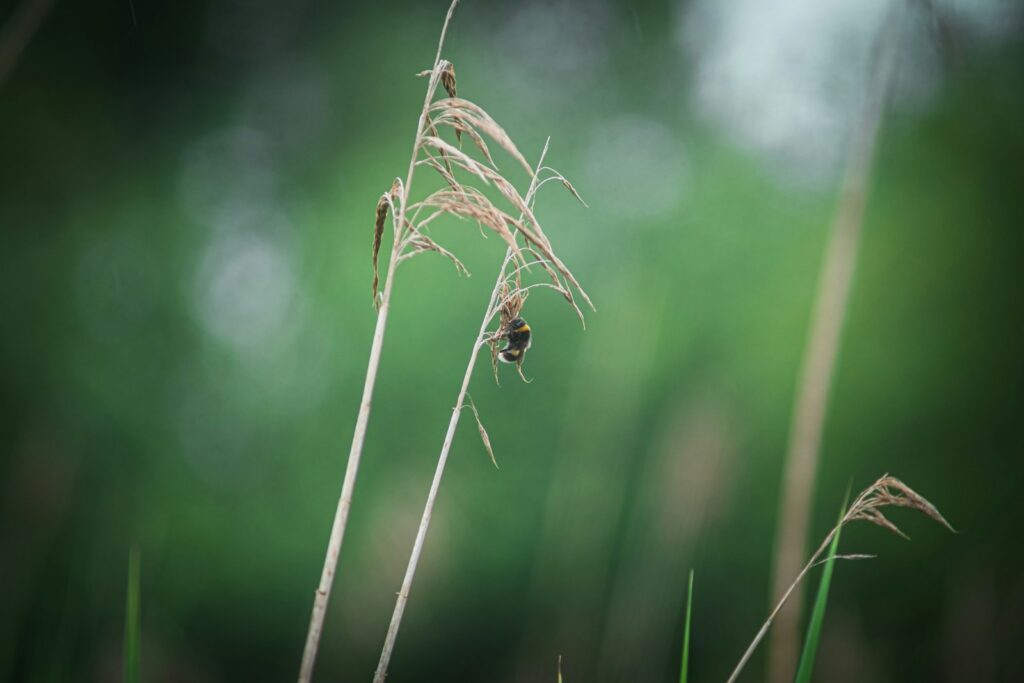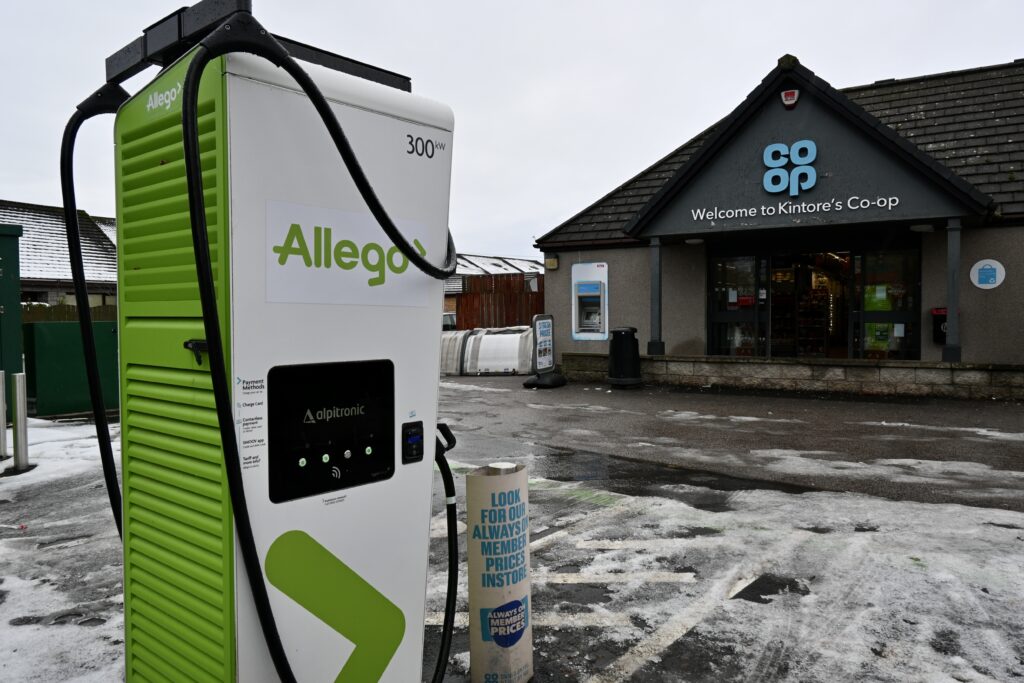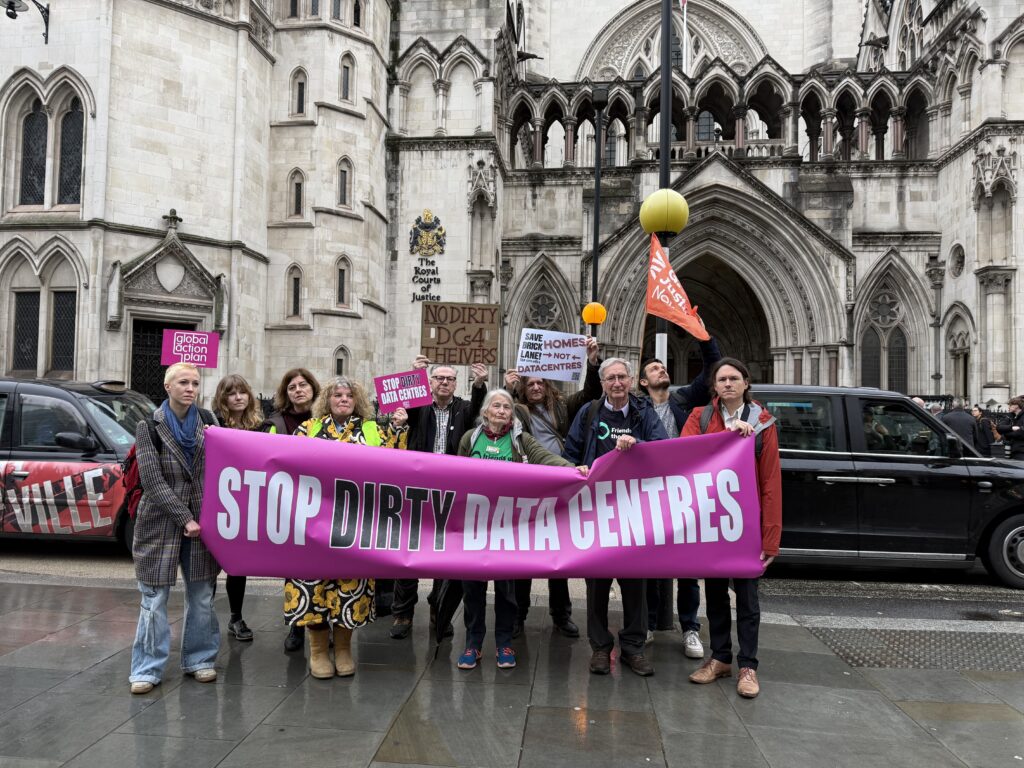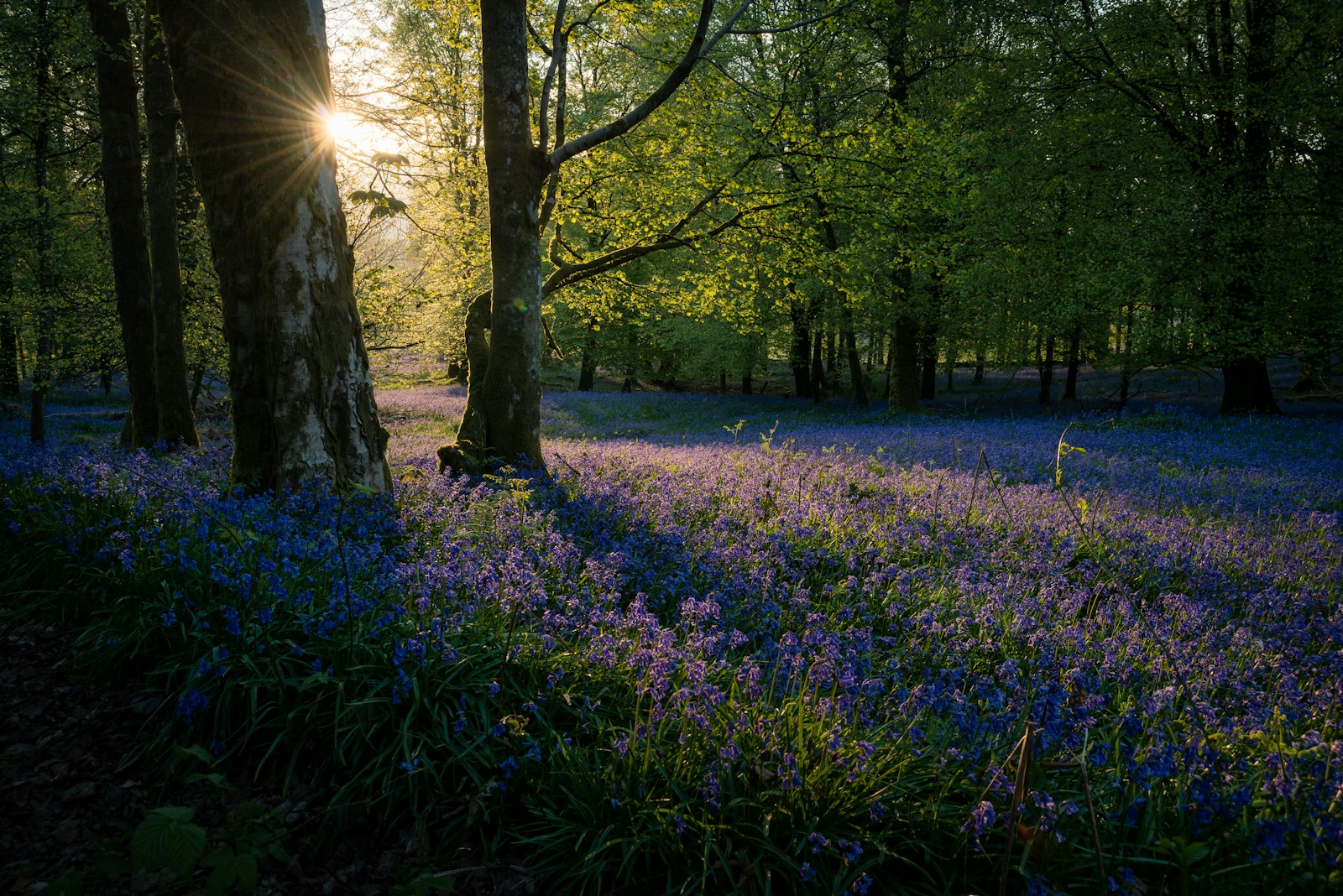Cllr Barry Lewis, Leader of Derbyshire County Council, writes exclusively for Environment Journal on the importance of aligning nature and Net Zero, as UK100’s nature progress report is set to be published.
Around the world and in the UK, deforestation, pollution and loss of nature is threatening our global ecosystem. As a new report from UK100 — a network of climate ambitious local authorities, of which we’re proud to be a member — demonstrates, we will only achieve our Net Zero ambitions by acting quickly and boldly to protect and restore nature. In achieving Net Zero, we must understand what services our natural environment provides: from food production, energy generation and mineral supply; through water provision and water management; to underpinning leisure, recreation and tourism to name but a few. These benefits clearly support the economic, social and environmental wellbeing of society so it is vital that we get it right.
The new Environment Act is a positive step in the right direction, turning environmental targets into legally-binding ones in order to halt the decline in species abundance by 2030 and hopefully to increase species populations by 2042.
Here at Derbyshire County Council we are only too aware of the fragility of our natural environment and how much humankind relies on it. Surrounded by major conurbations, the county of Derbyshire is the home of the Peak District National Park; it is the birthplace of the industrial revolution which relied upon the abundant woodland as fuel and building materials; and we are a key site for minerals extraction. Large reservoirs capture the rainfall in the north of the county supplying water to millions across the region. Our natural environment is fundamental to our well-being.
The County Council has taken a holistic view in addressing climate change, recognising the interconnectedness of many issues such as procurement, reducing emissions, and active travel. Underpinning much of our work is the need to understand the ecosystem services our natural environment provides and to identify where our asset base could be improved to achieve the greatest benefits by supporting, restoring and enhancing these Natural Capital assets. To achieve this we commissioned a Natural Capital Strategy, which maps existing Natural Capital assets and then considers what we will need in the future and where these would be best placed. This study will provide a vital database of information for organisations across the county enabling Local Planning Authorities to meet their duties under the National Planning Policy Framework to deliver Biodiversity Net Gain and assist with the future delivery of Local Nature Recovery Strategies. In addition to the obvious benefits for wildlife, the Natural Capital Strategy will also help us deliver some of our climate adaptation measures. For instance, areas suitable for tree planting will be identified to create areas of woodland. As well as increasing species diversity, these can increase carbon capture and storage; slow the flow of water from heavy rainfall preventing flooding further downstream and provide wonderful places to relax and take exercise.
We aren’t waiting for the completion of the Natural Capital Strategy to begin work though. In the autumn of 2021, we held a ‘Roadside Verges Conference’ which looked at how we could work with our partners to improve the biodiversity of our roadside verges. We are looking at refreshing our contracts with our contractors to reduce the number of times a verge is mown to encourage wildflowers to grow and flower, providing vital food for pollinators and so further supporting biodiversity. Whilst this may sound simple, it involves procurement teams re-writing contracts and requires capital investment in machinery to remove the arisings or grass clippings. The benefits are numerous: increased biodiversity; saving money through reduced number of mows each year and reducing our carbon footprint – as well as the pleasure it brings as we travel along our roads.
Our work aligns with the UK Government’s approach set out in the Environment Act along with the Net Zero Strategy, although how these will integrate to reduce possible tensions and maximise benefits is unclear. There are opportunities to accelerate this work through actioning commitments agreed at COP26 and through careful implementation of Environmental Land Management Schemes to reward farmers and landowners for helping achieve nature recovery and Net Zero emissions. However, we need to make sure legislation and supporting action is underpinned by progressive incentives and investment models. The UK Infrastructure Bank has said it will consider the role of Natural Capital and funding in due course. Actions will be easier to accomplish if we also have well-aligned policy and regulatory frameworks.
Inevitably there will be challenges along the journey. Ensuring clarity and avoiding ‘grey areas’ particularly when it comes to development will be essential. There will be no easy answers when the dilemma is between renewable energy generation schemes or biodiversity – hopefully we can have both. Enforcement and the role of the new Office for Environmental Protection will be crucial in providing a robust regulatory framework.
With sufficient frameworks and funding in place, local authorities across the country can work with partners and our residents to help deliver the UK government’s vision to ‘leave the environment in a better state than it was found’.











